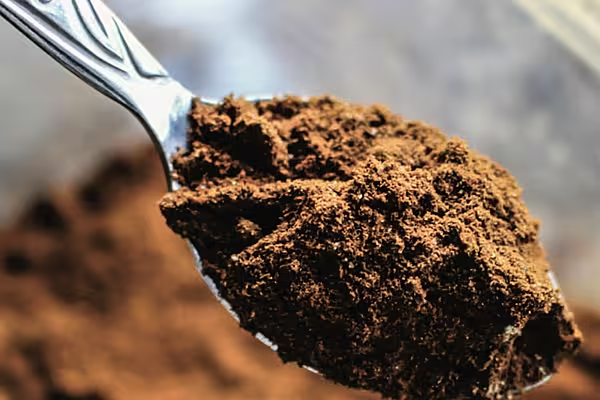Dave Lewis, CEO of Tesco, has bagged himself a bonus of almost 3 million pounds ($4.3 million).
It is nearly as much as Rakesh Kapoor, CEO of Reckitt Benckiser, one of Britain's best-paid CEOs, who took home a 3.8 million-pound annual bonus. But Tesco's performance isn't a spot on Vanish maker Reckitt's.
True, Lewis has stabilized Tesco after its annus horribilis of 2015 when, just a few weeks into the job, he revealed that the supermarket had overstated profit by 250 million pounds. Last month, Britain's biggest retailer posted its first increase in U.K. same-store sales growth for three years.
But Lewis's recovery is looking to be driven by growth in sales rather than improvements in profitability. Tesco's swing into profit in the year through February was almost entirely driven by Lewis's kitchen-sinking the previous year, when he announced 6.7 billion pounds of charges and writedowns, mostly tied to property.
Operating profit at 944 million pounds was virtually unchanged from the year earlier period. Lewis has made it clear that additional profit will be reinvested back into lower prices. He's acknowledged it will be a tall task to invest as well as meet analysts' expectations for 1.25 billion pounds of operating profit this year.
While boosting the number of tins of baked beans or sausages sold will help Tesco wring better deals from suppliers -- and fatten margins -- investors should be wary of a sales-led recovery.
The danger is all the greater when 50 percent of Lewis's bonus is tied to sales growth. There is a minimum operating profit that must be met for any bonus to pay out, but that was just 549 million pounds last year, hardly a demanding target.
But Lewis's recovery is starting to look an awful lot like Justin King's at Sainsbury.
The much-lauded former CEO of the British supermarket added more than 8 billion pounds to Sainsbury's annual sales between 2004 and 2014, equivalent to annual growth of 3.7 percent. Profit before property sales and one-time items grew at an annual rate of just 1.7 percent over the same period.
During King's tenure, Sainsbury generated a total return of 64 percent, in line with the FTSE All Share Food and Drug Retailers Index, but about half of the broader FTSE All Share Index, according to Bloomberg data. That's a decent performance for a company embroiled in a price war -- but shouldn't inspire confidence that Tesco's recovery will be spectacular.
There are a couple of saving graces in Tesco's remuneration report.
The first is that 265,000 Tesco employees are sharing a turnaround bonus of 185 million pounds.
The second is that Lewis will convert 75 percent of his annual bonus into shares -- deferred for three years -- giving him considerable skin in the game.
Shares in Tesco are down 14 per cent over the past month -- dragged lower by concern over whether Lewis will meet analysts' estimates. With much of his bonus riding on the stock performance, he will be as keen as anyone to make sure his turnaround of Tesco isn't a profitless recovery.
This column does not necessarily reflect the opinion of Bloomberg LP and its owners.
News by Bloomberg, edited by ESM. To subscribe to ESM: The European Supermarket Magazine, click here.














